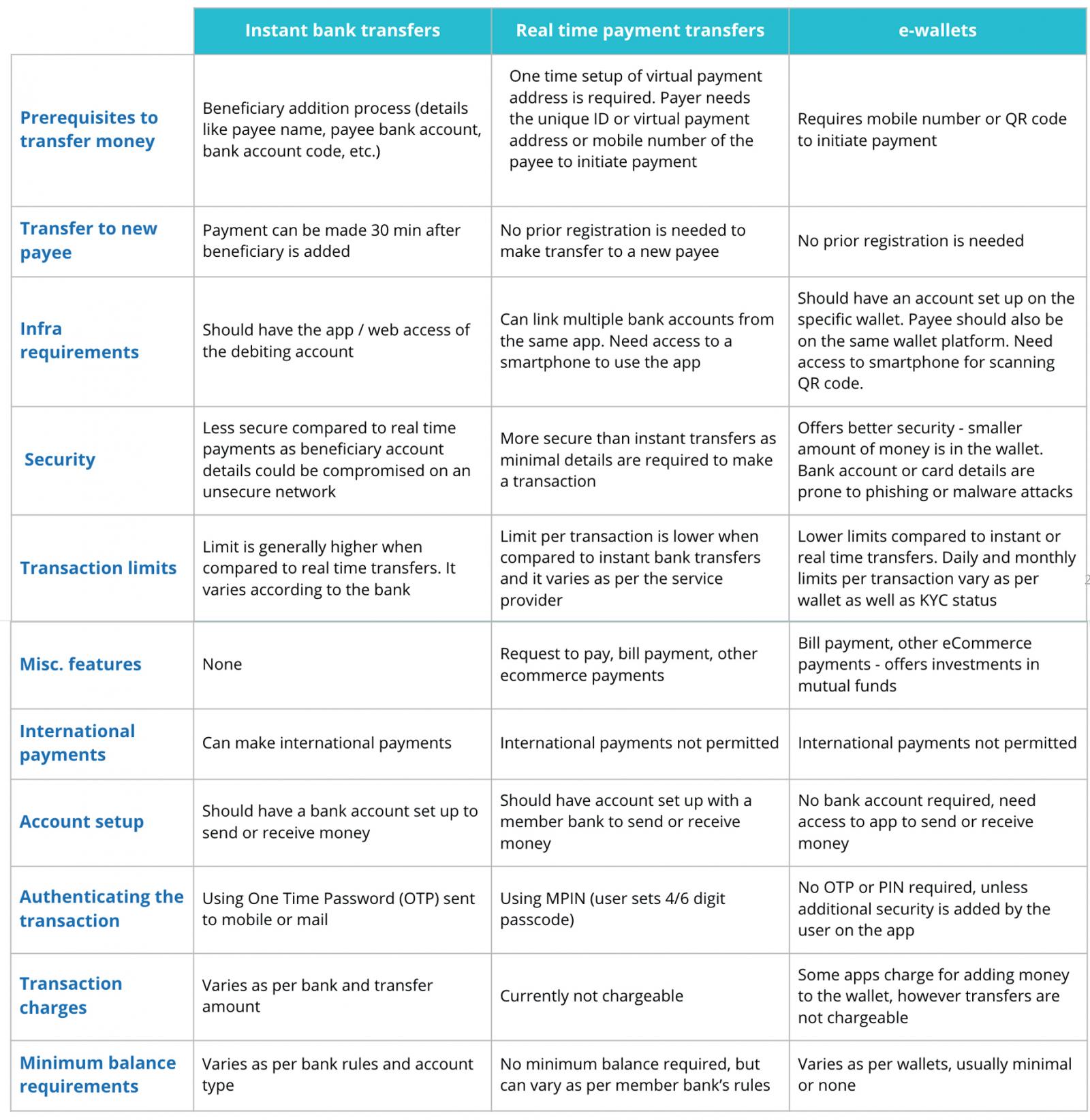Brett Rickaby's Insightful Corner
Exploring the world through news, tips, and intriguing stories.
Dollars and Dreams: How Player Payout Mechanisms Shape Gaming Futures
Explore how player payout mechanisms transform gaming futures and fuel dreams—discover the hidden dynamics of dollars and gaming today!
Understanding Player Payout Mechanisms: A Deep Dive into Dollars and Dreams
When it comes to gaming, understanding player payout mechanisms is crucial for both players and developers alike. These mechanisms determine how players earn rewards and, ultimately, the financial viability of gaming as a career or hobby. From traditional slot machines to online video games, different payout models have evolved over time, each with unique characteristics. The most common models include fixed payouts, where players can anticipate consistent returns, and variable payouts, which provide a more unpredictable experience that can lead to larger prizes but also higher risks. This interplay between risk and reward is fundamental to the excitement of gameplay, as it drives players to take chances in pursuit of their dreams.
In addition to understanding the different payout structures, players should also be aware of the various factors that influence these mechanisms. Game developers often employ strategies such as random number generators (RNGs) to maintain fairness and unpredictability in the gaming experience. Furthermore, insights into return-to-player (RTP) percentages can equip gamers with the knowledge needed to make informed decisions about which games to play. Overall, grasping these core elements of player payout mechanisms not only enhances the gaming experience but also positions players to make smarter choices in their pursuit of both dollars and dreams.

Counter-Strike is a highly popular tactical first-person shooter game that has captivated millions of players worldwide. It features intense team-based gameplay, where players can choose to be either terrorists or counter-terrorists. To enhance your gaming experience, you might consider using a cloudbet promo code for added benefits. Mastering strategy and teamwork is essential for success in the game, making it a favorite among competitive gamers.
The Impact of Payout Structures on Player Engagement and Retention
The impact of payout structures on player engagement cannot be overstated. A well-designed payout system can significantly enhance the gaming experience, making it more enjoyable and rewarding for players. For instance, when players feel that the payout structure offers fair and attainable rewards, their motivation to engage with the game increases. This engagement is often reflected in metrics such as time spent on the platform, frequency of play, and overall player satisfaction. Moreover, varied payout tiers or jackpots can cater to different player preferences, making the game appealing to a broader audience.
Retention rates are equally influenced by how effectively a game communicates its payout structures. Players are more likely to remain loyal if they understand how rewards are accrued and perceive the potential for significant winnings. Strategies such as regular updates on payouts or special events that highlight payout opportunities can keep players invested over time. Additionally, incorporating feedback mechanisms to gauge player sentiment on these structures can provide invaluable insights, allowing developers to refine and enhance the gaming experience continually. In summary, a strategic focus on payout structures is crucial for fostering both player engagement and retention.
Are Player Payout Mechanisms Driving the Future of Online Gaming?
The evolution of online gaming has been significantly influenced by player payout mechanisms, which not only enhance user engagement but also determine the sustainability of gaming platforms. These mechanisms are designed to reward players for their time and investments with real money, thus creating a more immersive and satisfying experience. As developers continue to innovate, features like instant payouts, low withdrawal thresholds, and transparent payout processes are becoming standard. Such advancements not only attract new players but also retain existing ones, thus redefining gaming economics.
Furthermore, as competition intensifies in the online gaming market, operators are increasingly using player payout mechanisms as a differentiator. Games that offer higher payout rates or unique reward structures tend to garner more attention and foster player loyalty. This creates a cycle where improved payout mechanisms lead to increased player satisfaction and, ultimately, higher revenues for gaming companies. Therefore, focusing on optimizing payout strategies may well be the key to driving the future of online gaming.